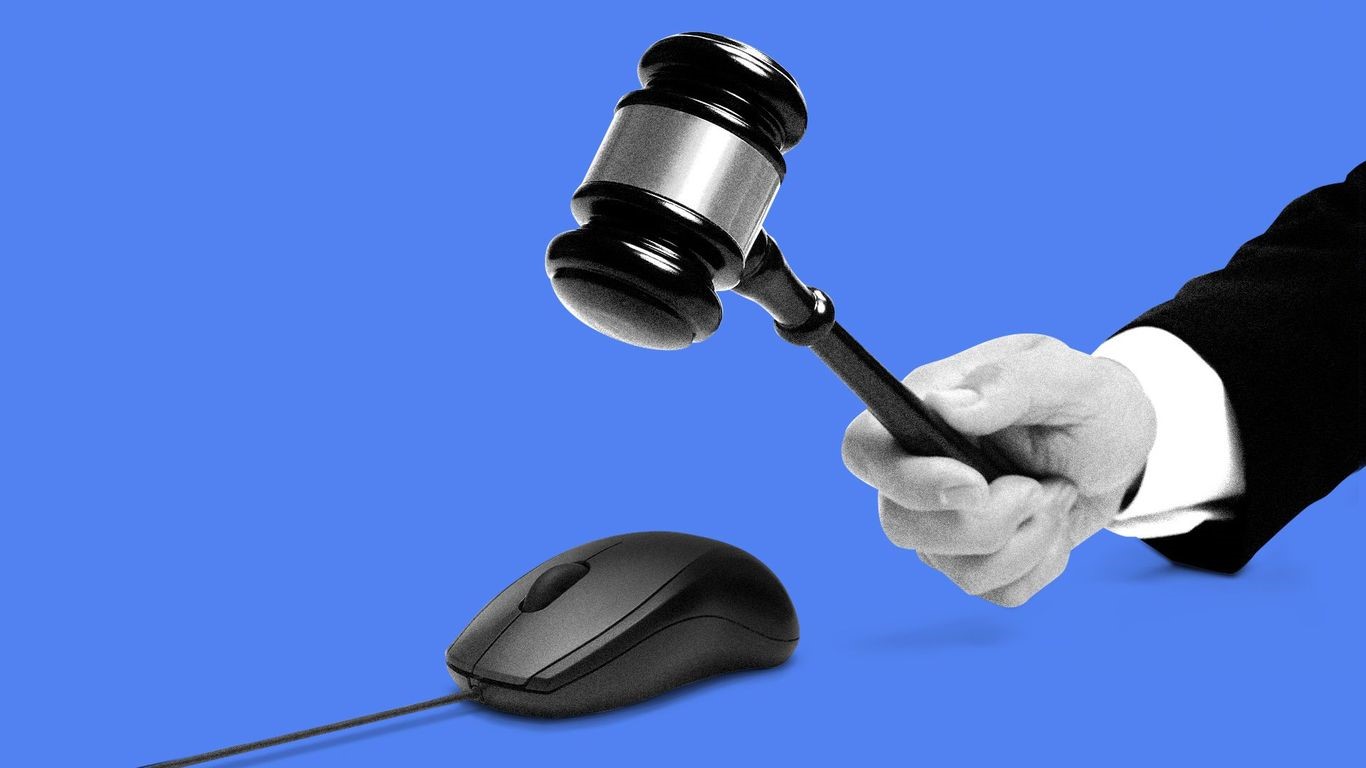In recent years, the landscape of technology has been dominated by a handful of tech giants, including Amazon, Apple, Facebook, Google, and Microsoft. These companies have not only revolutionized the way we live and work but have also amassed unprecedented levels of market power. This concentration of power has invited scrutiny and led to a series of antitrust issues that have captured global attention. As regulators and lawmakers grapple with how to address these concerns, it is worth examining what might come next in the ongoing saga of tech giants and antitrust issues.
The Rise of Tech Giants
The ascension of tech giants can be attributed to their innovative products and services, business acumen, and strategic acquisitions. Google, for instance, dominates the search engine market, while Facebook has a near-monopoly on social networking. Amazon has revolutionized e-commerce, and Apple has set the gold standard in consumer electronics. Microsoft continues to be a behemoth in software and cloud services. These companies have created ecosystems that are difficult for competitors to penetrate, leading to concerns about monopolistic behavior.
Antitrust Issues at the Forefront
Market Dominance and Anti-Competitive Practices
One of the primary antitrust concerns is the overwhelming market dominance of these tech giants. Critics argue that these companies engage in anti-competitive practices to maintain their monopolies. For example, Google has been accused of manipulating search results to favor its own products, while Amazon has been criticized for using data from third-party sellers to launch competing products.
Acquisitions and Mergers
Another significant issue is the aggressive acquisition strategies employed by these companies. Facebook’s acquisition of Instagram and WhatsApp, Google’s purchase of YouTube, and Amazon’s acquisition of Whole Foods are just a few examples. These acquisitions have raised alarms about the stifling of competition and innovation, as smaller companies are either absorbed or pushed out of the market.
Data Privacy and Consumer Rights
Data privacy is another critical area of concern. These tech giants collect vast amounts of data from their users, raising questions about how this data is used and protected. The Cambridge Analytica scandal involving Facebook is a glaring example of how data misuse can have far-reaching consequences. Regulators are increasingly focusing on how these companies handle consumer data and whether their practices violate antitrust laws.

Regulatory Responses
United States
In the United States, antitrust scrutiny has intensified. The Federal Trade Commission (FTC) and the Department of Justice (DOJ) have launched investigations into the business practices of these tech giants. In 2020, the House Judiciary Committee released a comprehensive report detailing anti-competitive practices by Amazon, Apple, Facebook, and Google. The report called for sweeping reforms, including breaking up companies, imposing structural separations, and strengthening antitrust laws.
European Union
The European Union has been at the forefront of antitrust enforcement against tech giants. The European Commission has imposed hefty fines on Google for anti-competitive practices and has launched investigations into Amazon’s use of third-party seller data. The EU’s General Data Protection Regulation (GDPR) has also set a high standard for data privacy, compelling tech companies to adopt more stringent data protection measures.
Other Jurisdictions
Other countries are also stepping up their antitrust efforts. India’s Competition Commission has launched probes into Google and Amazon, while Australia has introduced a new law requiring tech companies to pay for news content. These global efforts indicate a growing consensus on the need to rein in the power of tech giants.
What’s Next?
Legislative Reforms
Legislative reforms are likely to be a significant focus in the coming years. In the United States, there are calls for updating antitrust laws to better address the unique challenges posed by digital markets. Proposals include the introduction of new criteria for evaluating mergers and acquisitions, as well as measures to promote competition and consumer choice.
Increased Enforcement
Regulatory agencies are expected to ramp up enforcement actions. This could involve more frequent and comprehensive investigations, as well as the imposition of stricter penalties for anti-competitive behavior. The recent appointment of Lina Khan, a prominent critic of big tech, as the chair of the FTC, signals a more aggressive stance on antitrust issues.
Breakups and Structural Changes
One of the most drastic measures being considered is the breakup of tech giants. This would involve separating different business units to reduce market concentration and promote competition. While this is a contentious and complex issue, it remains a possibility as regulators seek to address the monopolistic tendencies of these companies.
Global Coordination
Antitrust issues are not confined to any single country, and there is a growing recognition of the need for global coordination. International cooperation among regulatory bodies could lead to more consistent and effective enforcement of antitrust laws. This could involve sharing information, coordinating investigations, and aligning regulatory frameworks.
Focus on Data Privacy
Data privacy will continue to be a focal point in antitrust discussions. Regulators are likely to introduce more stringent data protection laws and enforce existing regulations more rigorously. This could involve greater transparency requirements, limitations on data collection and usage, and stronger penalties for violations.
Innovation and Competition
Promoting innovation and competition will be a key objective. This could involve supporting the growth of smaller companies and startups, as well as encouraging the development of alternative platforms and services. Governments may also invest in research and development to foster innovation and reduce reliance on tech giants.
Conclusion
The antitrust issues surrounding tech giants are complex and multifaceted, involving market dominance, anti-competitive practices, data privacy, and consumer rights. As regulators and lawmakers around the world grapple with these challenges, the coming years are likely to see significant changes in the regulatory landscape. Legislative reforms, increased enforcement, potential breakups, global coordination, and a focus on data privacy and competition are all on the horizon. While the path forward is uncertain, one thing is clear: the era of unchecked dominance by tech giants is coming to an end, and a new chapter in the relationship between technology and regulation is about to begin.




